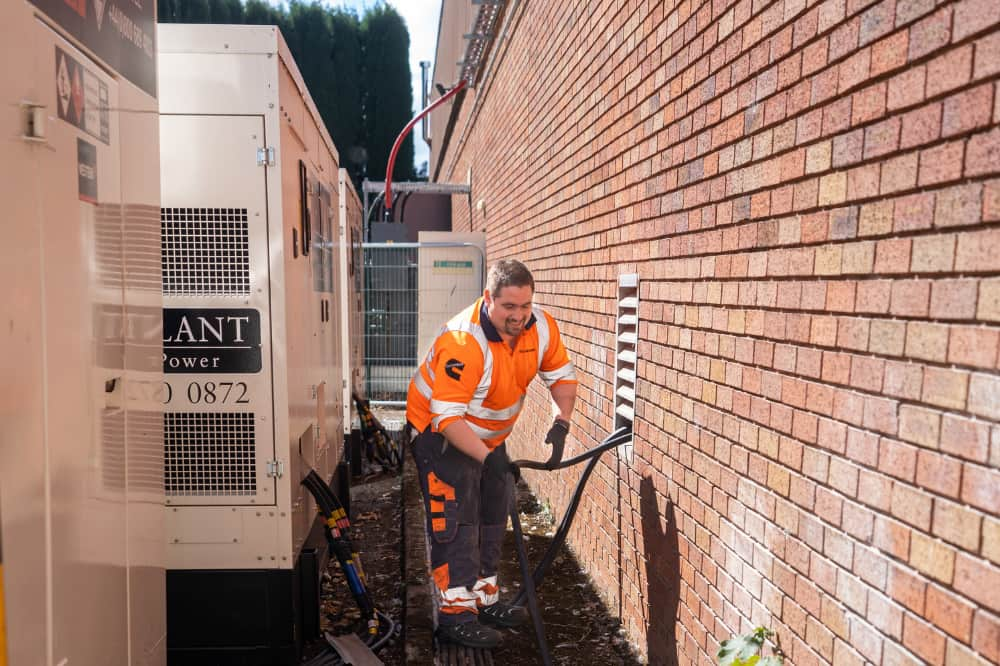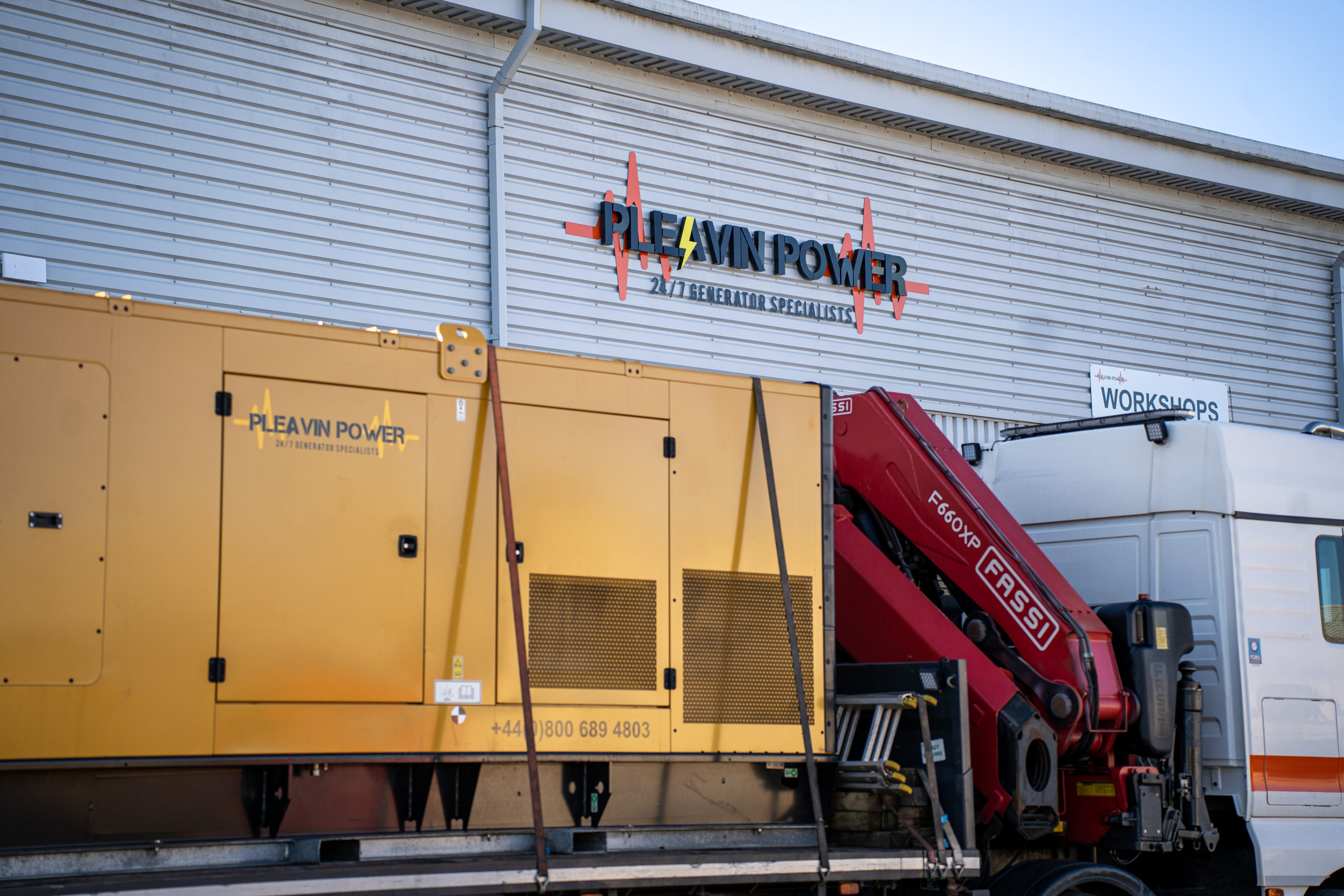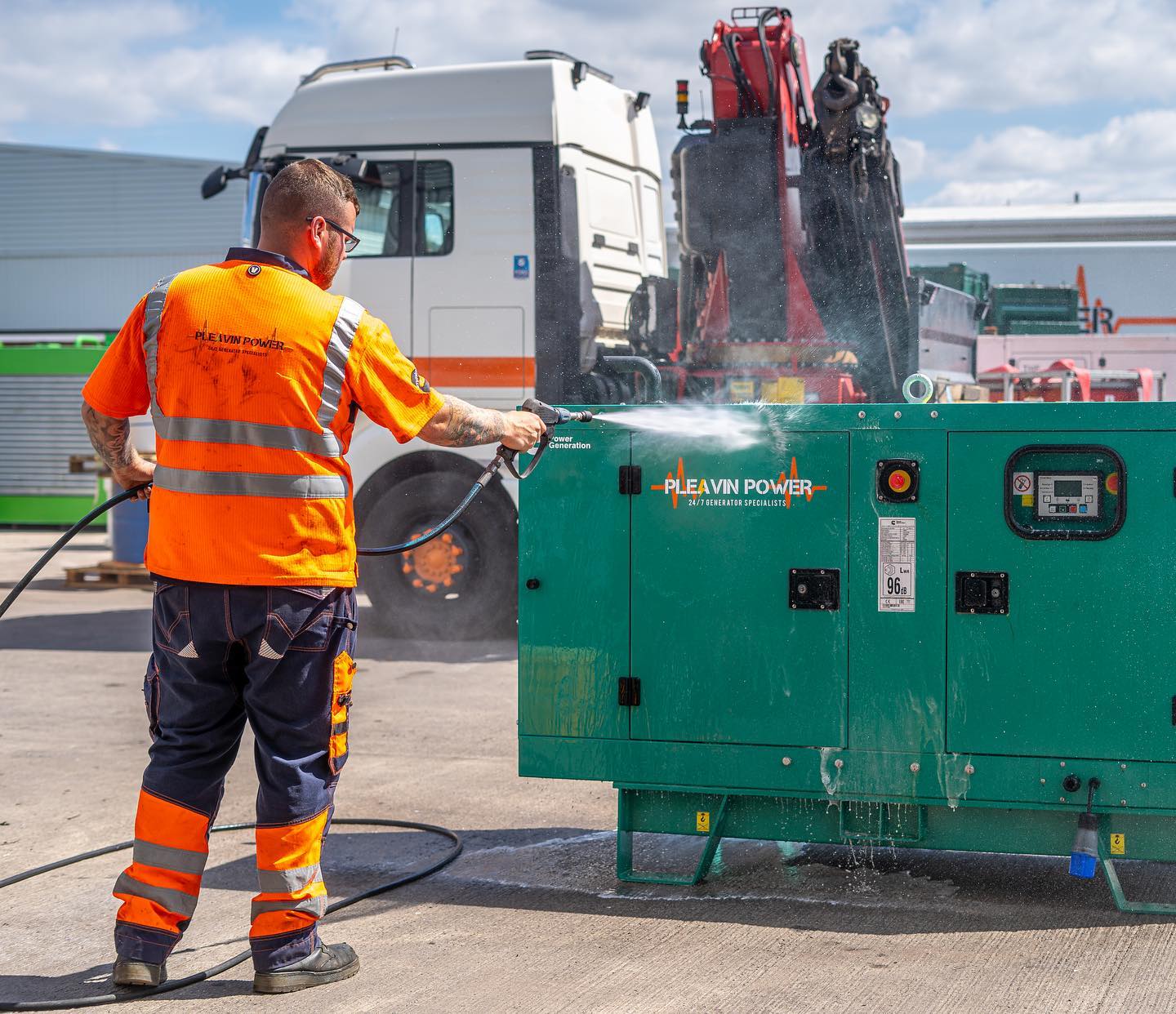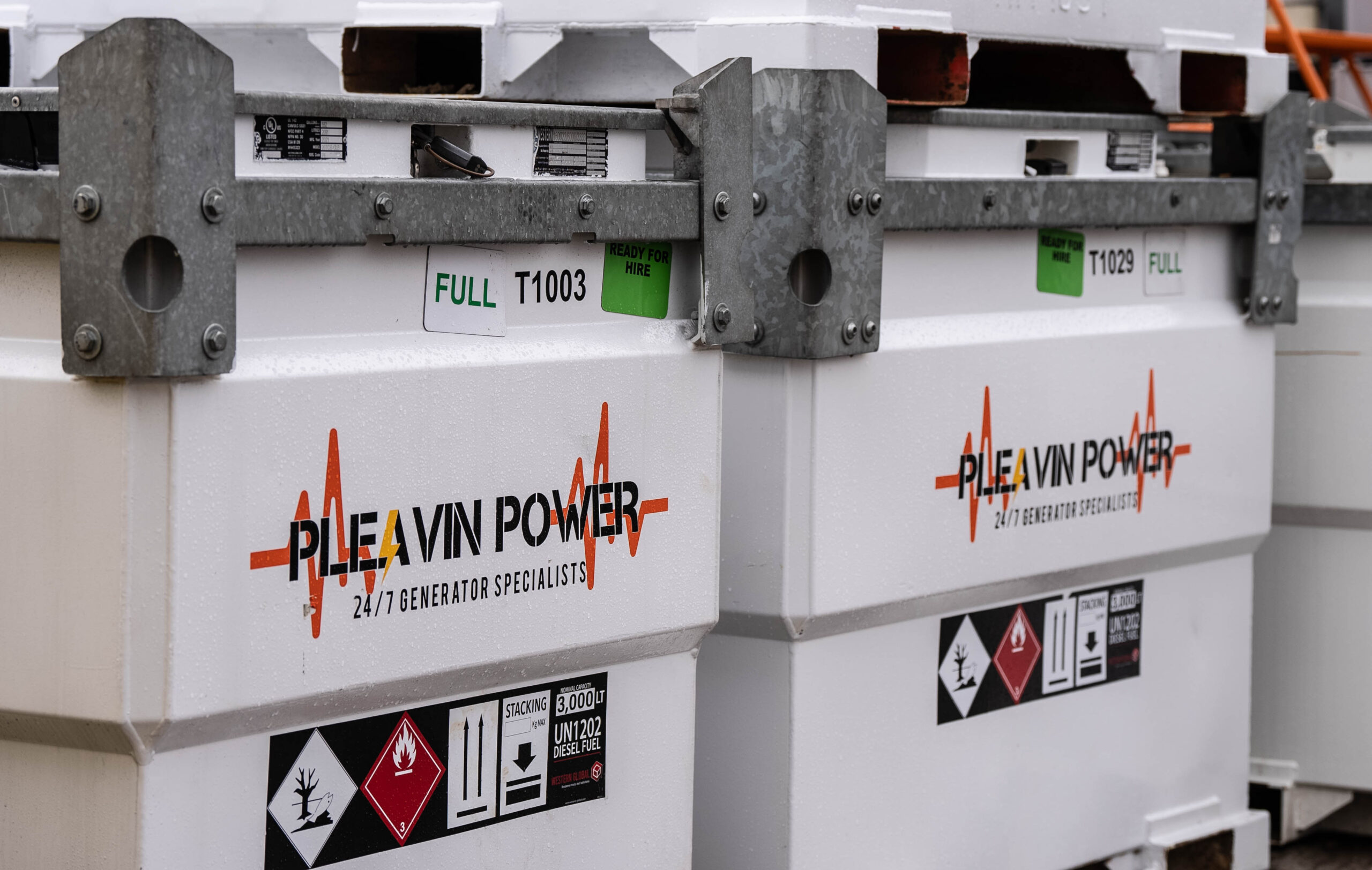When looking to convert your voltage measurements into watts for one reason or another it can be rather difficult to find the right calculations in order to carry out your conversions.
Many people may tend to struggle with these sorts of conversions however there are some very simple things you can remember in order to do this seamlessly in the future.
These units can also be converted to another kind of measurement named amps – however, this is much less likely to be used in home power generators. Continue reading to find out more about the different conversions for these units and what they may need to be used for.
The Calculations
In order to calculate the correct conversions between volts and watts you will need to keep this general rule in mind: watts = volts x amps.
This general rule can be used to find all of the respective measurements so long as you have the other two at your disposal. For example, this calculation can be formed in the following ways: amps = watts/volts and volts = watts/amps.
Employing these calculations when you need any of the above units is going to be imperative to make the process go much more smoothly in the future. These are especially important if you are aware that you are going to be using your generator often or maybe handling multiple over a short space of time.
What Can This Be Used For?
Understanding the wattage that a generator needs is important to have it work consistently for a long period of time and is a great indicator of how much power your generator is consuming.
This is something that all generator owners should be informed about as it can be a key factor to having certain energy bills skyrocketing if you have purchased a larger generator without realising the intense upkeep that they will require.
When buying a generator, you can always ask the manufacturer about the specifications of the generator when you’re buying or you can check the guide in the manual when you have purchased it.
Important Definitions
While you are looking through the manufacturer’s instructions for your generator or perhaps you simply would like to know more about the specifics, you may need to be aware of some key definitions that will help you better understand what you are reading and what to look out for in the future.
Volt
A volt is a unit of measurement that measures the amount of electrical force that is required in order for electricity to flow in a circuit. By this definition, one volt is equal to the amount of pressure required to push one amp of flowing current through one ohm of opposing resistance.
Watt
A watt is a unit that measures the amount of power that is flowing through an electrical circuit in total. These units are usually used in AC power circuits and are found by multiplying the total number of amps by the total number of volts (as stated above).
Amp
Amps are the measurement of the total flow of current that is flowing through a circuit. One amp is equal to the total flow of current when one volt of pressure is applied to a circuit with one ohm of resistance.
Ohm
This is a unit of measurement that refers to the total amount of resistance that is in an electrical circuit. One ohm is equal to the amount of resistance it takes for one amp of current to flow through an electrical circuit while one volt of pressure is being applied.
Pleavin Power Generators
At Pleavin Power, we are experts in supplying home and industrial electrical generators to people of all kinds for various different uses from deployment in the event of a power outage to supplying extra power to office spaces and factories for businesses across the country.
Whether you are looking to hire a generator or potentially purchase one outright, we will always have the perfect option for you and are more than happy to provide you with our generator servicing and repair offerings in order to keep your generators in working condition for as long as possible.
We have a range of power generators from some of the world’s leading brands that we are privileged to be able to deliver to our clients across the UK. No matter what size generator you are in the market for, may this be a heavy-unit 330 kVA generator or perhaps a smaller 28kVA generator, you can be assured that we will have the perfect generator in our stock that will perfectly meet all of your power requirements with the added bonus of our excellent team helping every step of the way.
Conclusion
To conclude, when converting your units between watts and volts there is only one real calculation that you need to be aware of and keep in mind, this being watts = amps x volts.
This will allow you to understand more completely exactly what is occurring on the inside of your generator and will mean that you will have a greater comprehension of what you are getting with your generator.
At Pleavin Power, we believe that customer satisfaction is one of the most important things that a business should focus on as this is what encourages your customers to return and continue to use your services.
Supplying everything from diesel standby generators to portable generators of all shapes and sizes, you can be assured that Pleavin Power will have the perfect unit for your needs, no matter what it is required for.
If you are looking to get more information on the above or would like to enquire about one of the units in our stock, please do not hesitate to get in touch with a member of our support team at 0151 832 5007 or email us at service@pleavinpower.com and we will be in touch as soon as possible!














